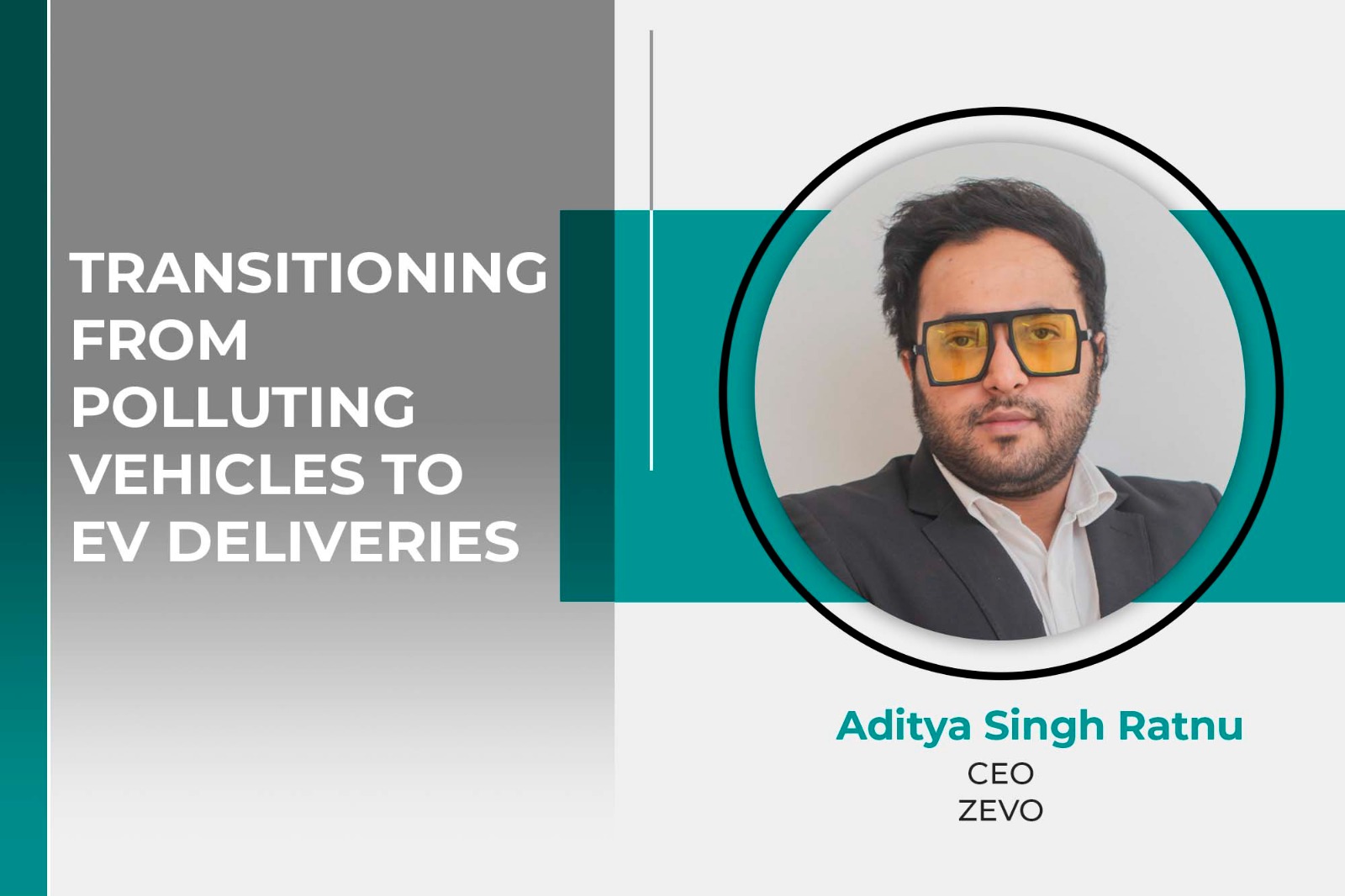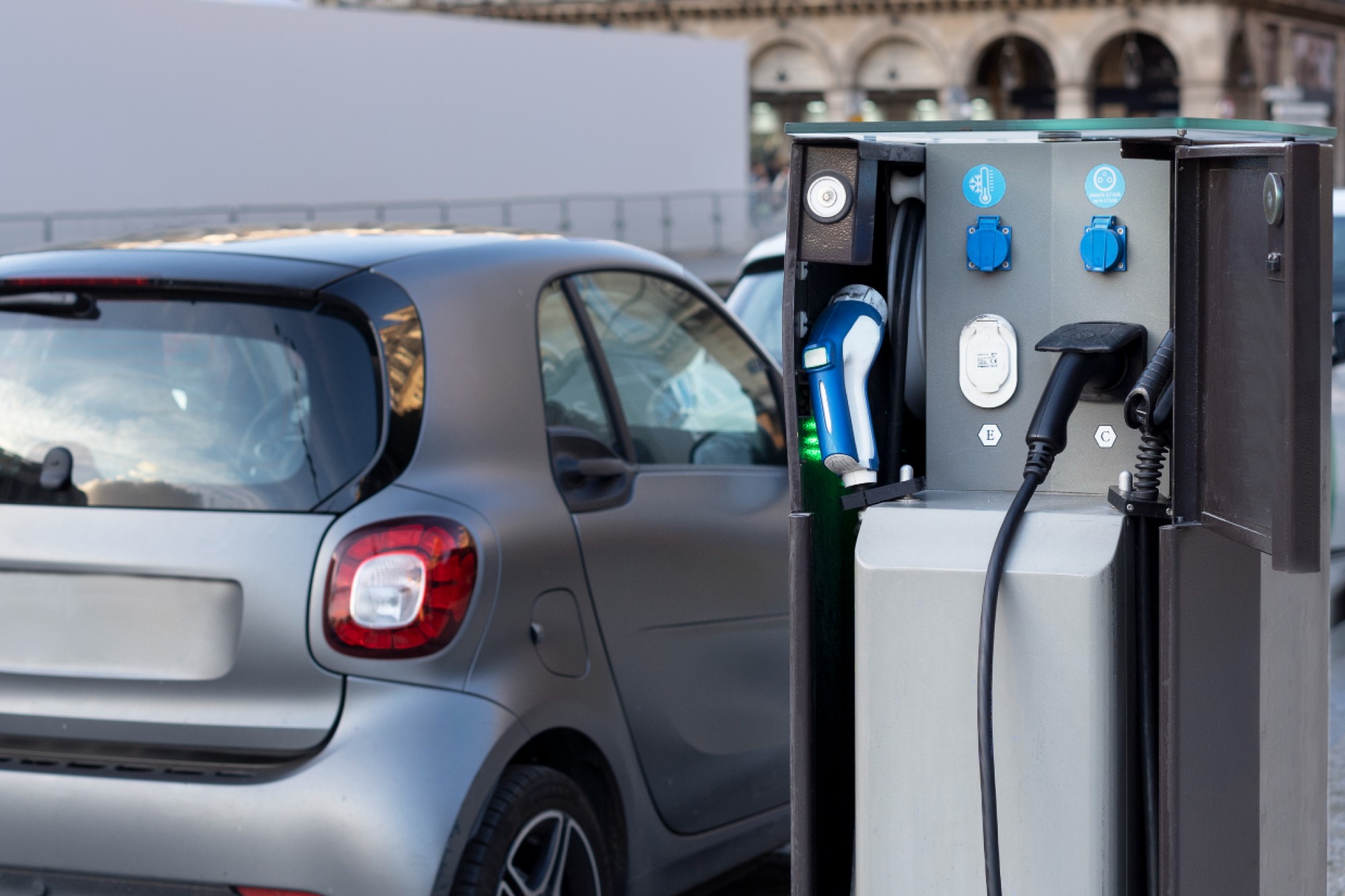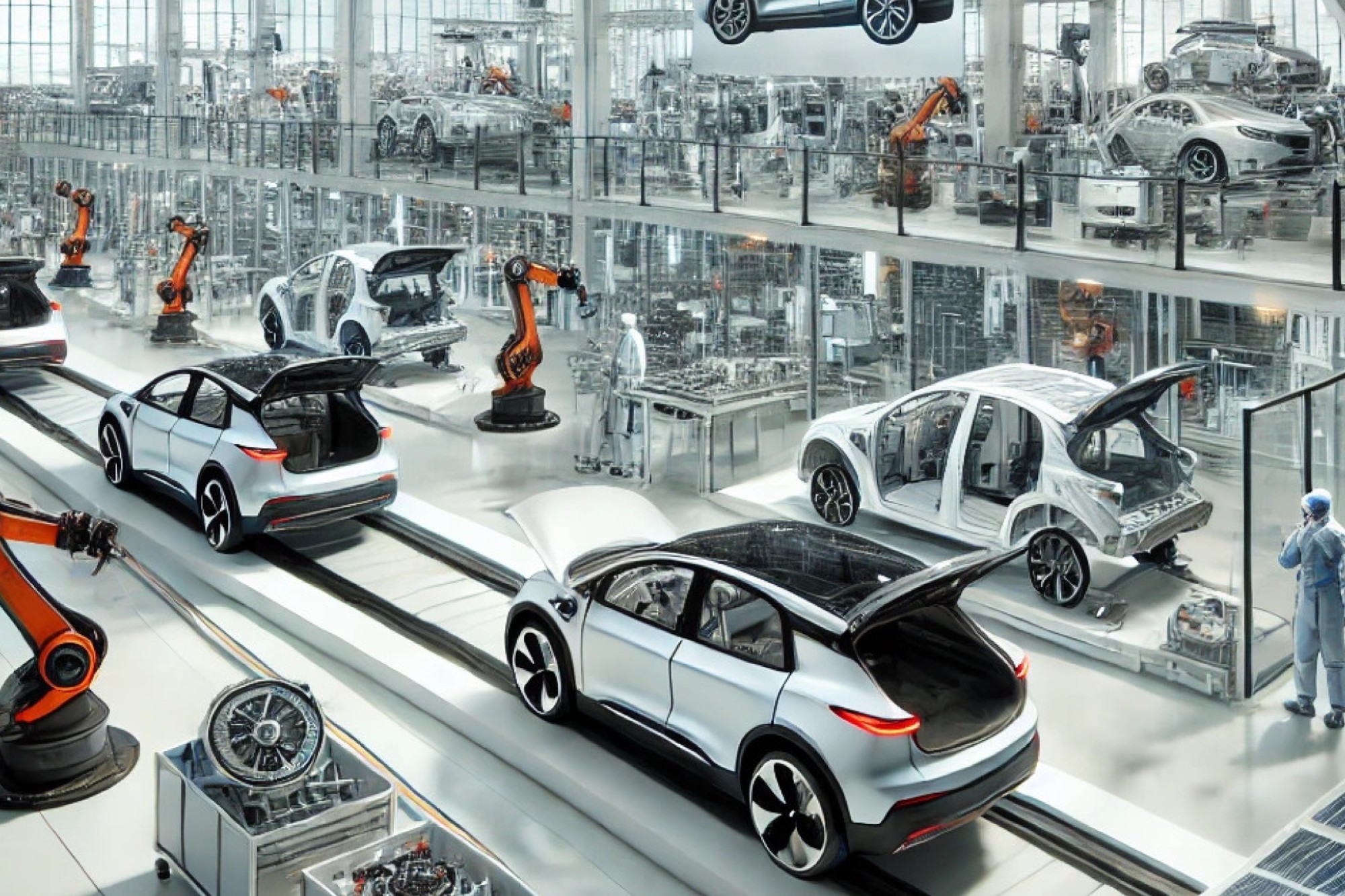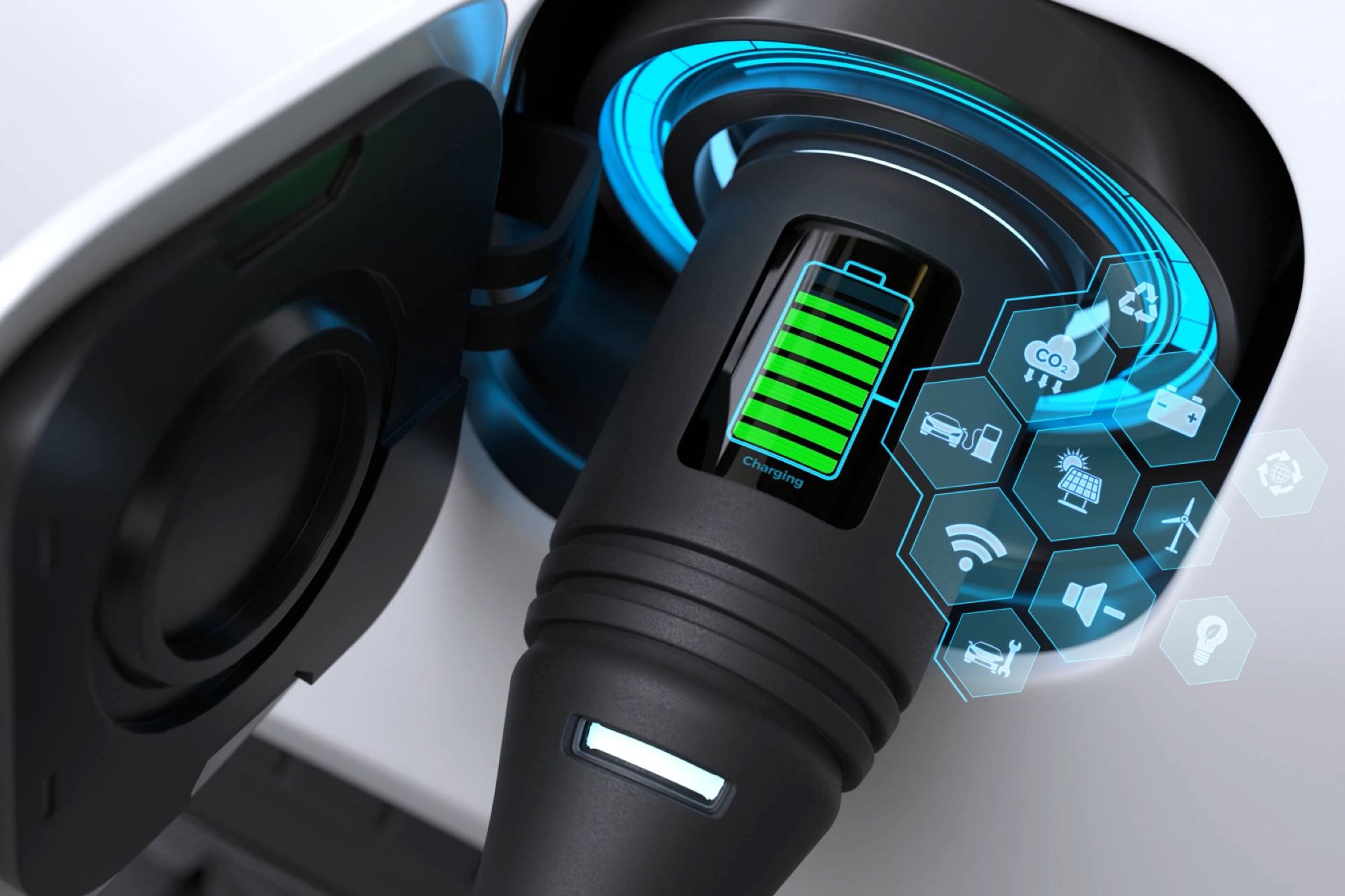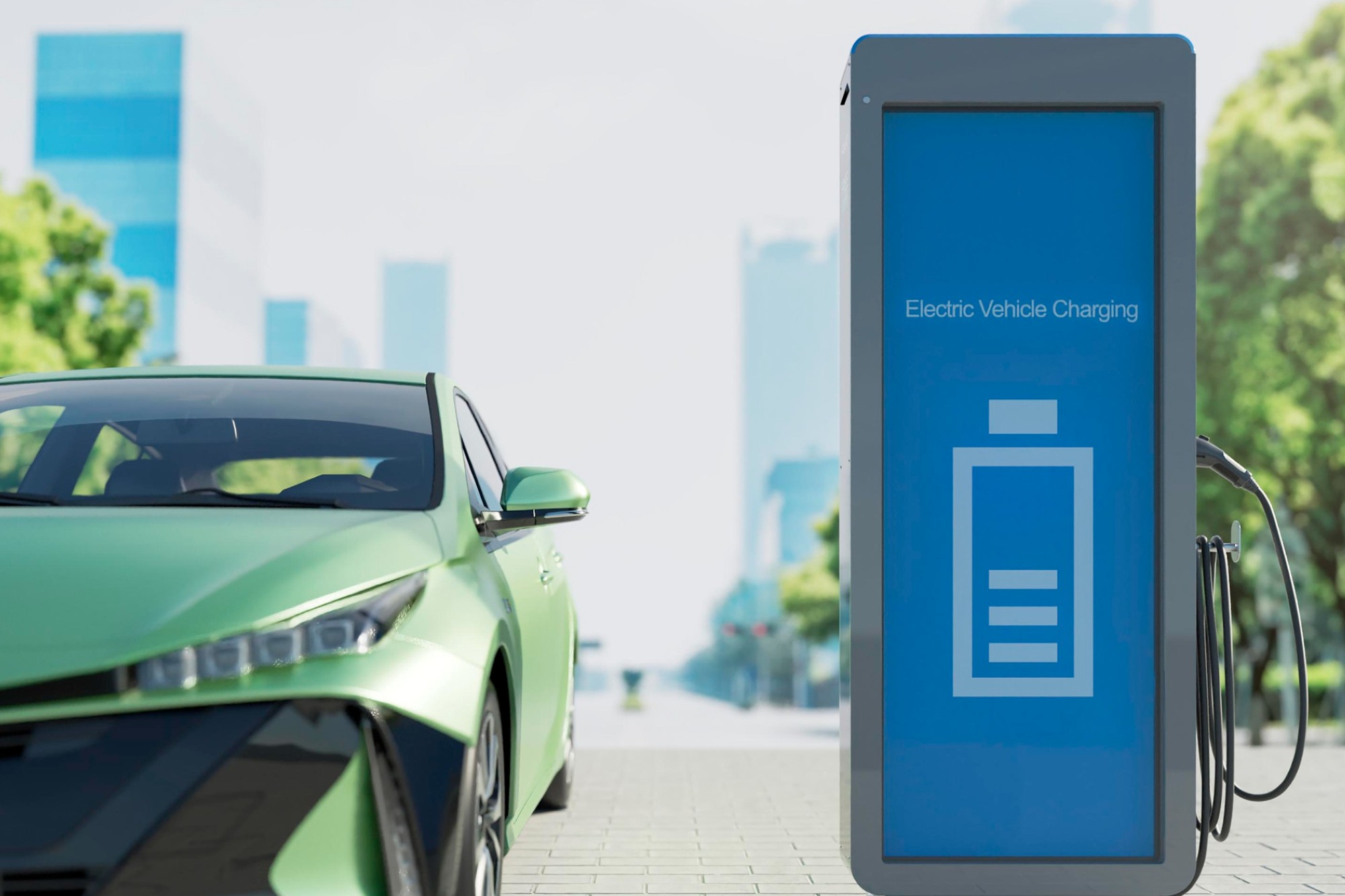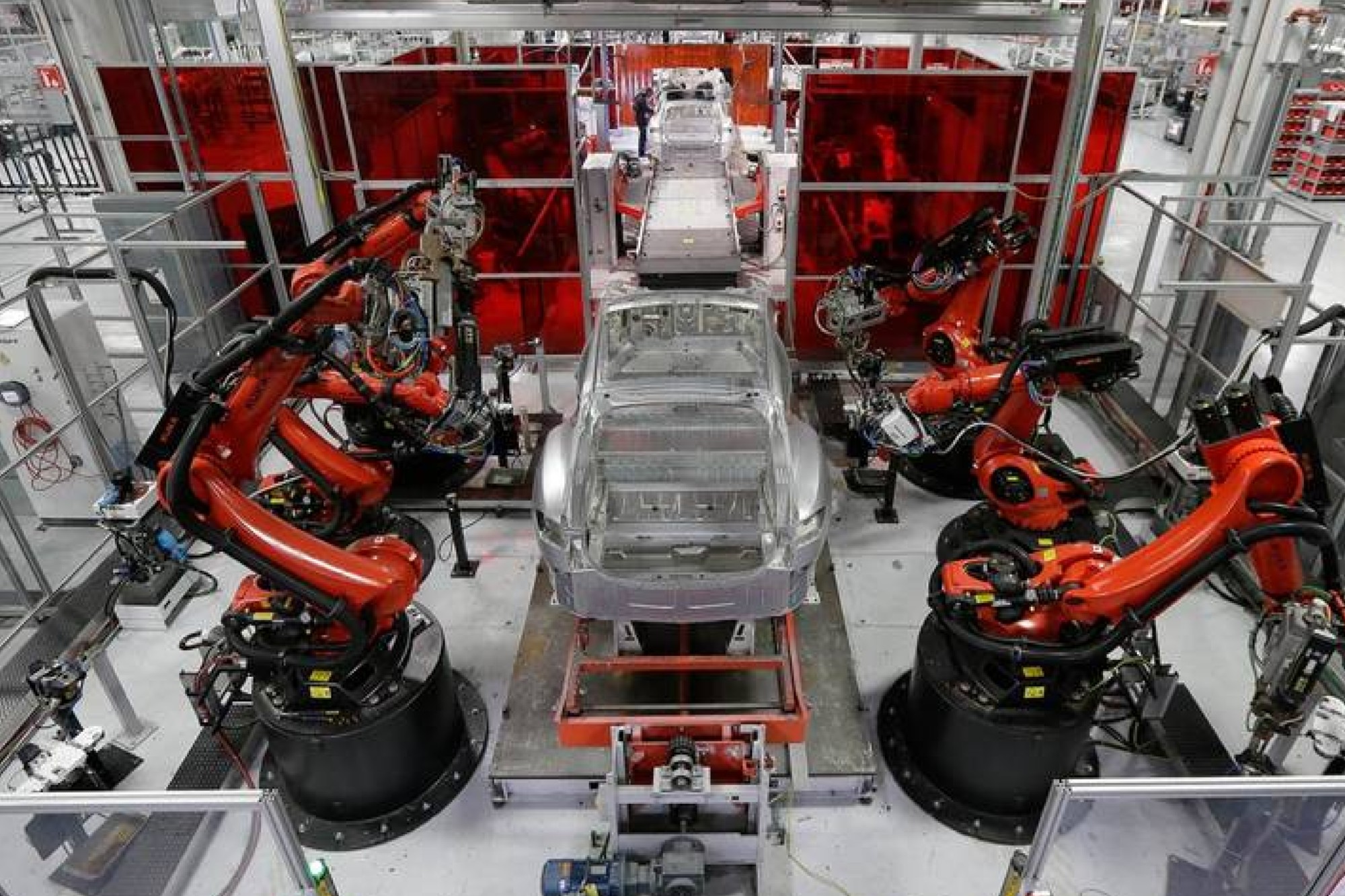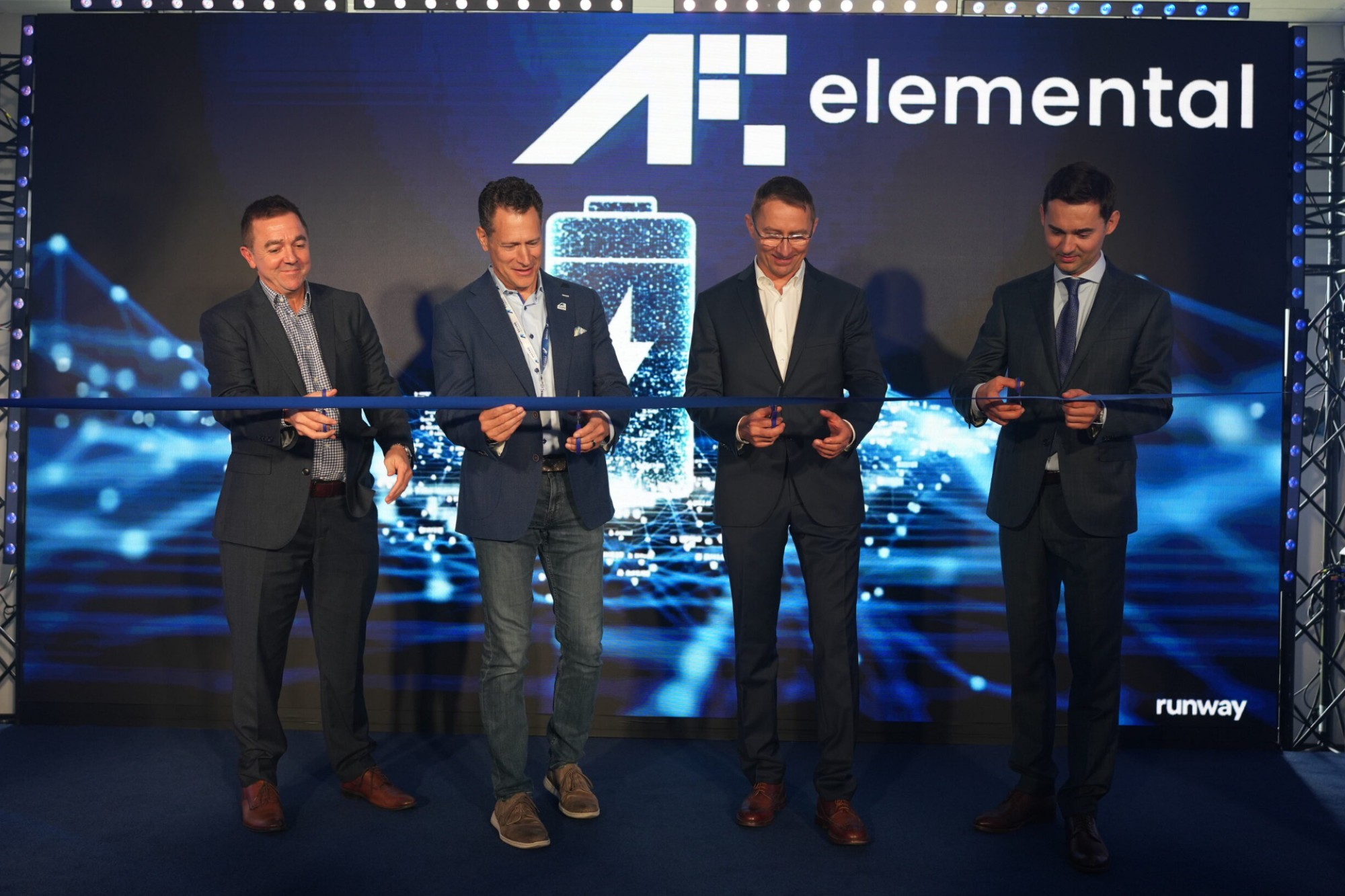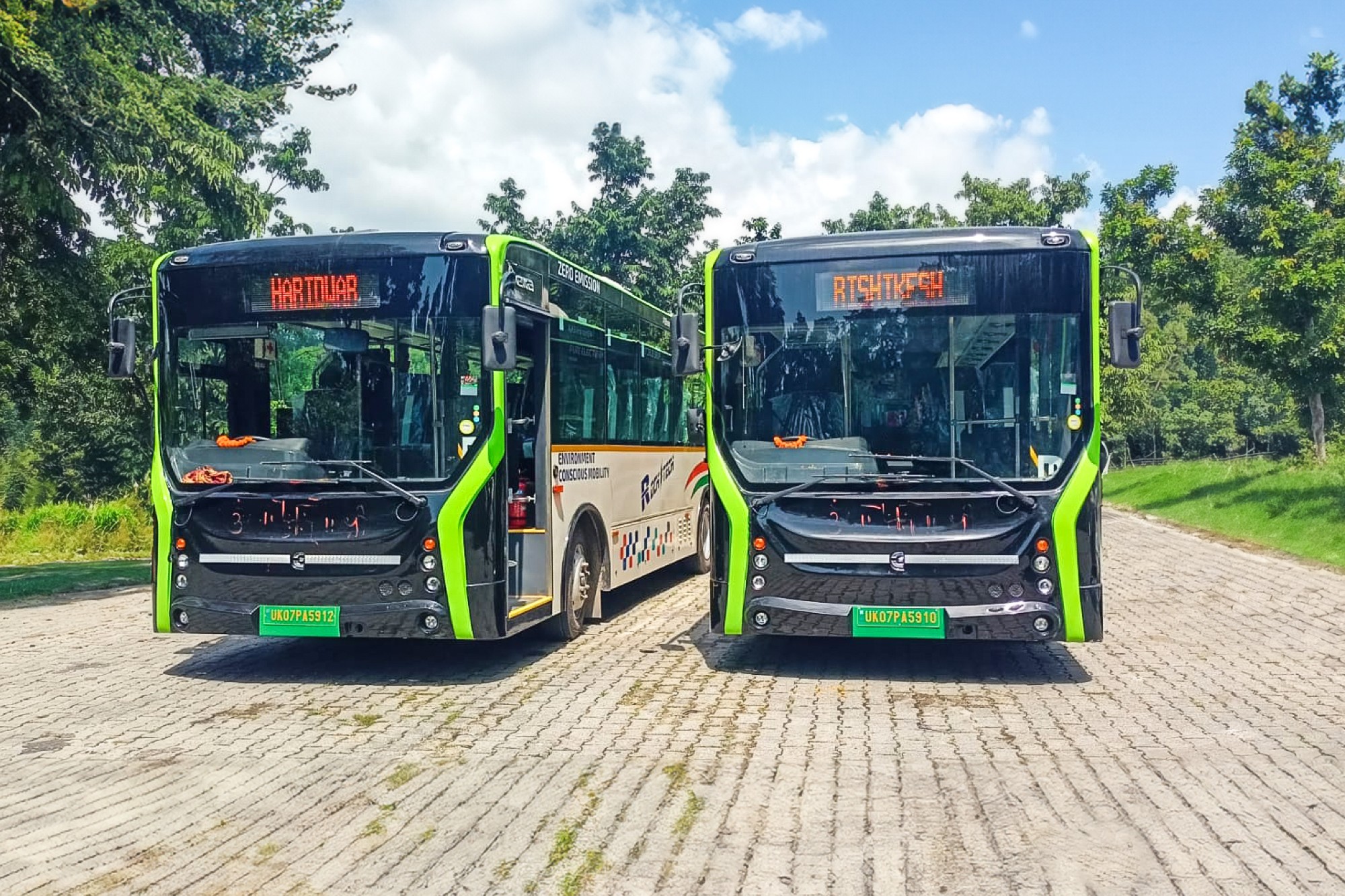Transitioning from polluting vehicles to EV deliveries
By Staff Report September 4, 2024 2:44 pm IST
The adoption of electric vehicles (EVs) in logistics is driven by climate change, reducing greenhouse gas emissions, and offering environmental benefits, including lower operational costs and cleaner air, especially in urban areas. Aditya Singh Ratnu, CEO of ZEVO, is leading the way in adopting electric vehicles (EVs) in India, particularly the two-wheeler.
The landscape of deliveries is shifting towards futuristic electric vehicles (EVs) replacing pollution-promoting vans. Mega players and brands with advanced technologies, some even promising fully autonomous driving, are leading the way in EV adoption. However, in India, the two-wheeler is the real king of the EV market, as it is the most dominant vehicle type in the country’s automobile market, selling over 15 million units annually. In the financial year 2023, the penetration rate of electric two-wheelers reached 4.4 percent, making it the most dominant vehicle type in the country.
EVs in logistics
The shift to electric vehicles in logistics is driven by the need to combat climate change and reduce greenhouse gas emissions, offering environmental benefits and substantial cost savings for logistics companies. Electric vehicles are being integrated into logistics fleets, providing an efficient and sustainable alternative to traditional fuel vehicles, reducing fossil fuel dependency, resulting in lower operational costs and cleaner air, particularly in urban areas.
Collaboration across the supply chain
The transition to electric logistics requires advanced logistics platforms that will transform the supply chain by offering end-to-end solutions like first-mile procurement, last-mile delivery, temperature-controlled refrigerated delivery, forward and reverse logistics and agricultural supply chain electrification. The platforms are improving all aspects of supply chain efficiency and sustainability by collaborating with various stakeholders, including charging technology partners, to promote electric mobility and drive innovation in logistics solutions.
Charging InfrastructureThe successful adoption of electric vehicles (EVs) in logistics relies heavily on the development of a robust charging infrastructure. Efficient and widespread charging solutions are essential to minimising downtime and ensuring the smooth operation of electric delivery vehicles. Logistics companies have partnered with charging and parking businesses to access thousands of charging points across the country, and some have established their facilities, ensuring infrastructure development for the growing fleet of electric vehicles.
Government support
The electric logistics revolution is driven by technological advancements in battery technology, resulting in higher energy density, faster charging times, and longer lifespans. Government policies and regulatory frameworks, such as FAME I and II schemes, are accelerating the adoption of electric vehicles. Production-linked incentive (PLI) schemes are promoting domestic manufacturing of EVs and batteries, reducing import dependence and lowering costs, creating a favourable environment for their growth and adoption in the logistics sector.
Going the last mile with EVs
The logistics industry is set to drive towards a greener, more efficient future, contributing to global efforts to combat climate change and promote sustainability. Integrating electric vehicles into logistics operations is not just a trend but a necessary evolution. EV adoption can significantly decrease logistics companies’ carbon footprint, lead to cost savings, and enhance operational efficiency. Businesses are transitioning to electric vehicles (EVs) to meet emissions reduction targets and build a greener future, aligning with the National Net Zero emissions targets by 2070. The future of logistics is electric, and the journey has just begun.
Cookie Consent
We use cookies to personalize your experience. By continuing to visit this website you agree to our Terms & Conditions, Privacy Policy and Cookie Policy.



